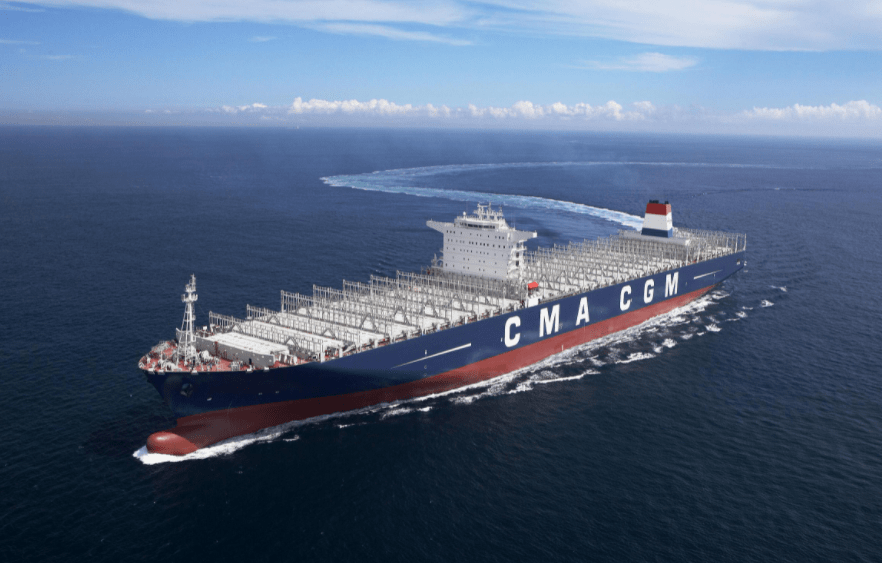UNCTAD projected total maritime trade to grow 2.4% annually from 2022 to 2026, compared with 2.9% in the previous two decades.
In parallel, it forecasts that maritime trade will moderate along with GDP.
Intensifying cost pressures, inefficiencies and vulnerabilities in the maritime supply chain, driven primarily by the disruption of Covid-19 and its chain effects on shipping and ports, could continue to disrupt supply chains, increasing both production costs and consumer prices.
But UNCTAD expects these pressures to ease as global demand patterns normalize, manufacturing capacity is put into operation and logistics assets are optimized to improve the balance between supply and demand.
Another concern is trade protectionism and trade tensions between China and its trading partners, including the United States and Australia.
Governments can also turn to trade protectionism to mitigate unrest and social tensions arising from the impact of Covid-19 on employment and social inequalities.
Maritime trade
On the positive side, according to an UNCTAD report, the recovery should be driven by fiscal support measures, although there is uncertainty regarding the duration of current stimulus packages and public spending, while developing countries remain under pressure, as they have limited fiscal policy space and little access to vaccines.
Other positive trends include the signing of the Regional Comprehensive Economic Association in 2020 and the entry into force of the African Continental Free Trade Area (AfCFTA) in 2021.
UNCTAD estimates that the AfCFTA will boost intra-African trade by approximately 33% and reduce the trade deficit by 51%.
AfCFTA also has important implications for shipping and trade in services.
The AfCFTA agreement entered into force in 2019, and its implementation commenced in 2021. It aims to increase intra-African trade by eliminating import duties, and to double this trade if non-tariff barriers are also reduced.
UNCTAD projects that shipping volumes will increase 4.3% in 2021 and exceed their 2019 levels.
In turn, container trade is expected to grow 7.7 percent.
![]()

